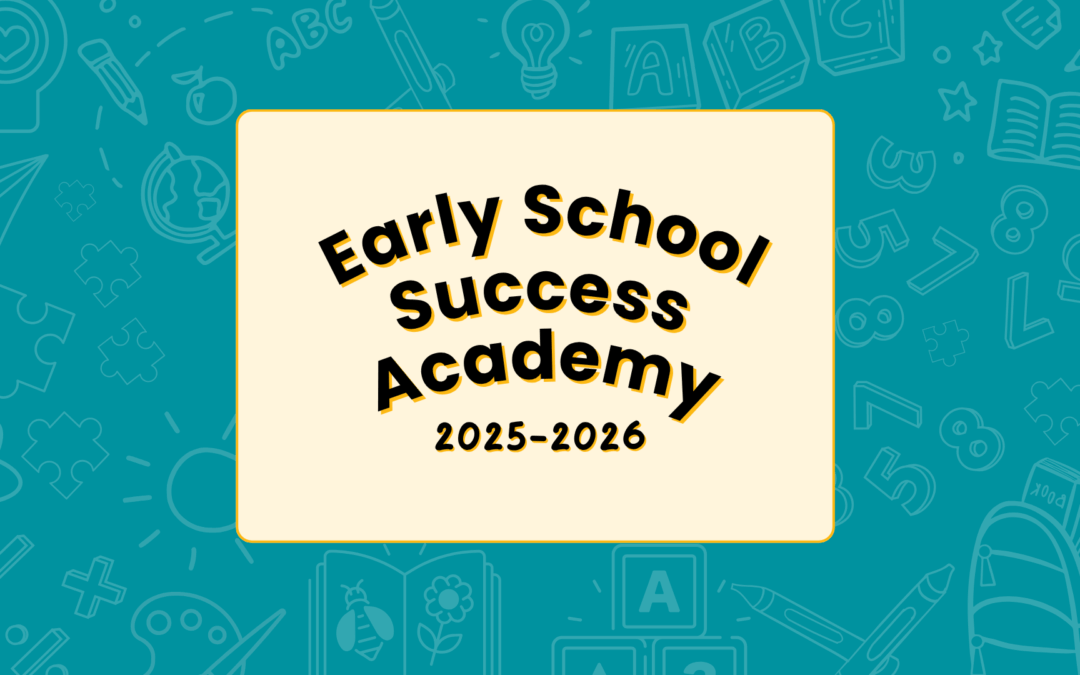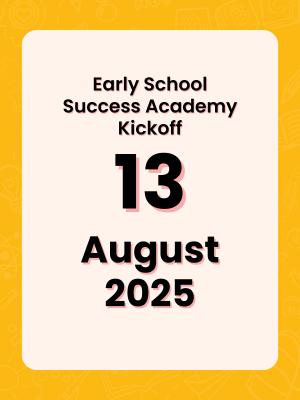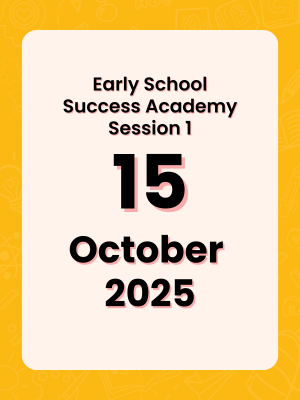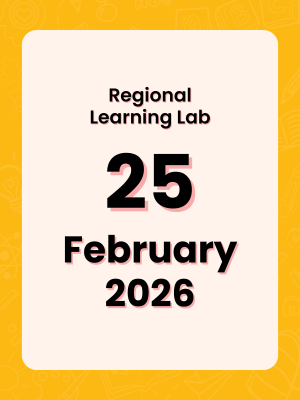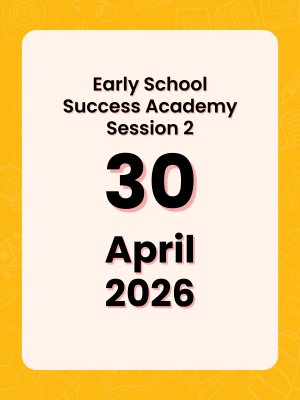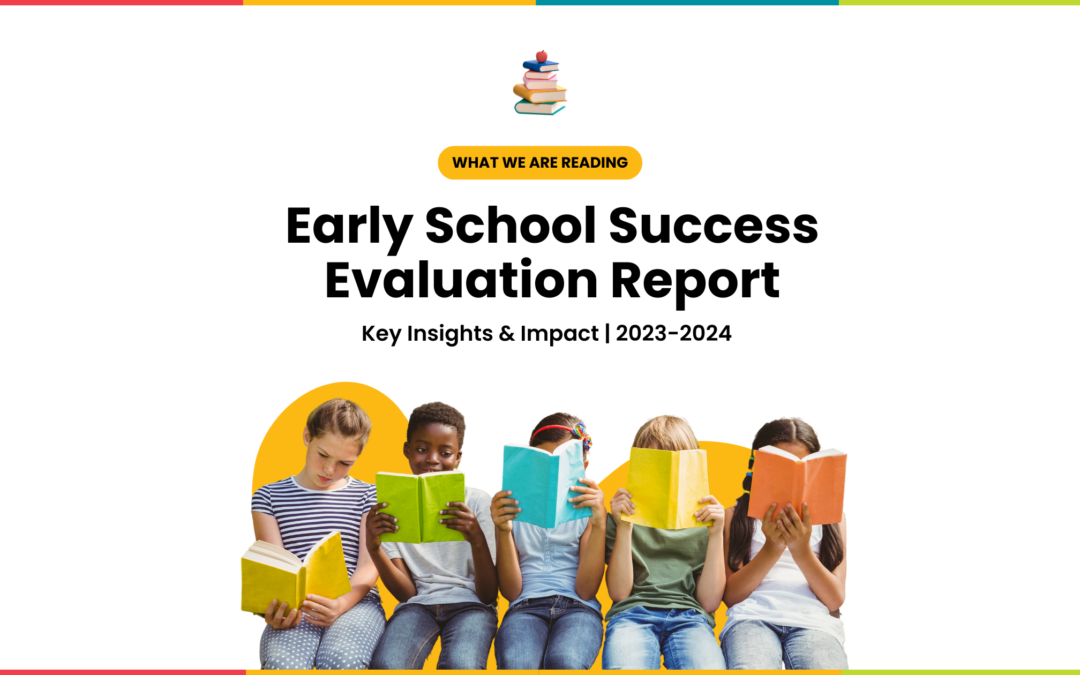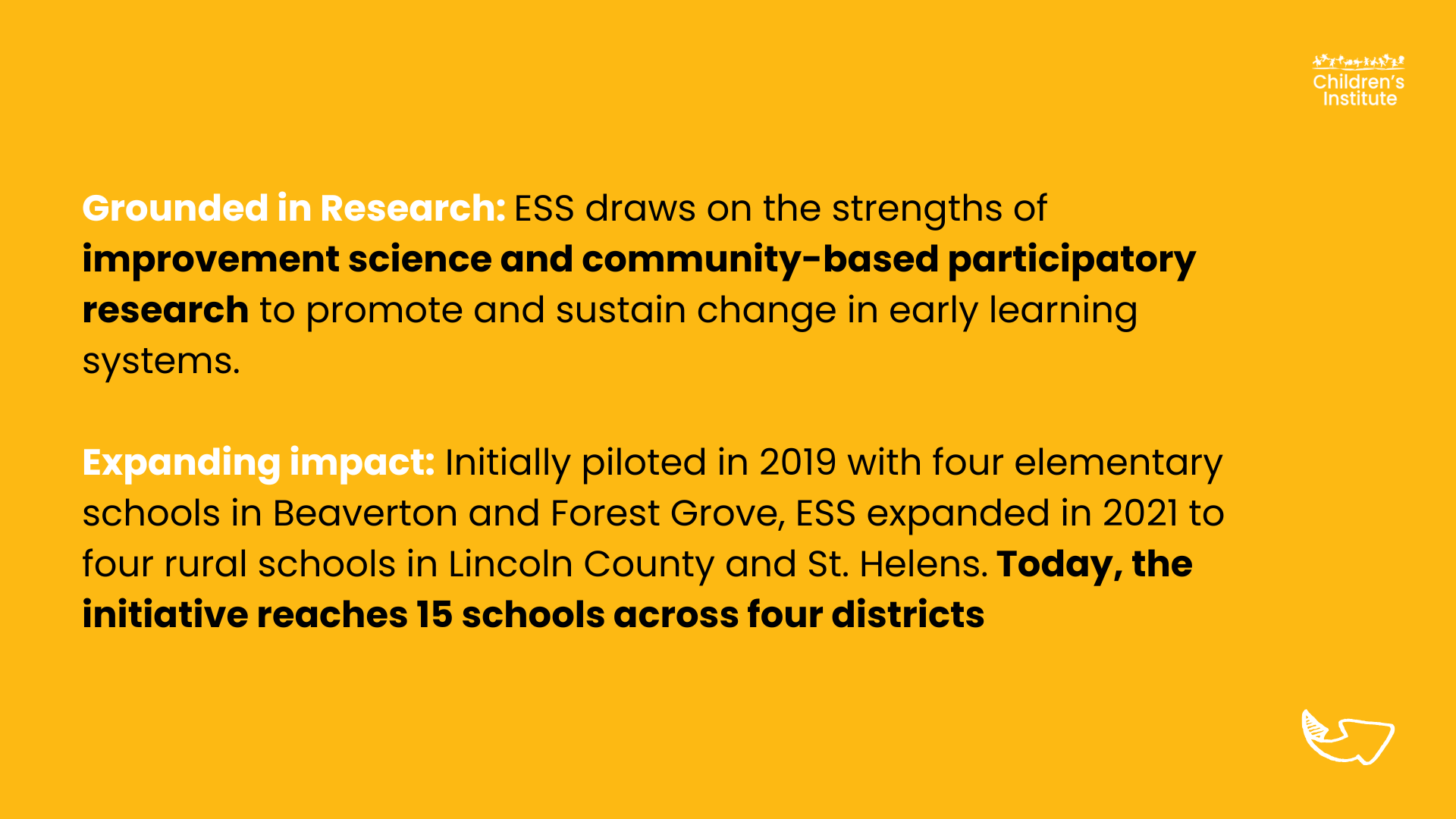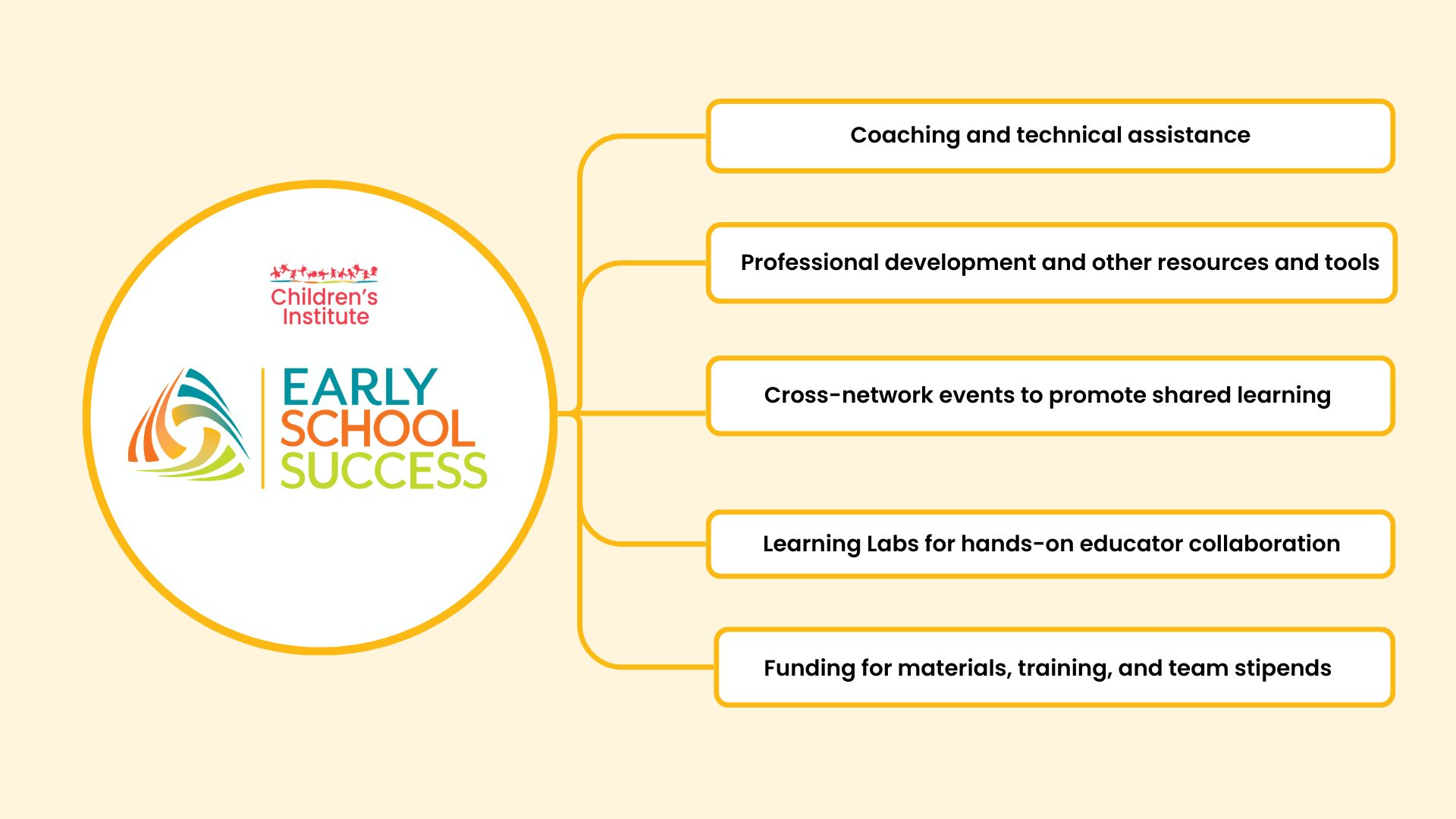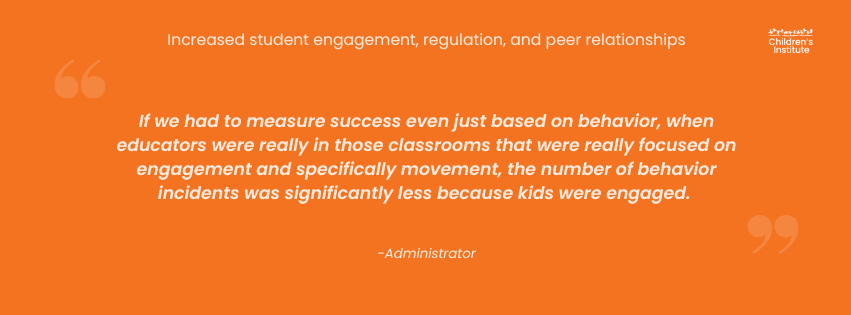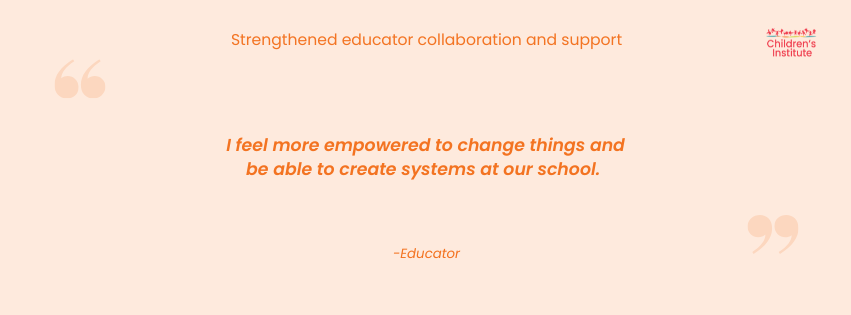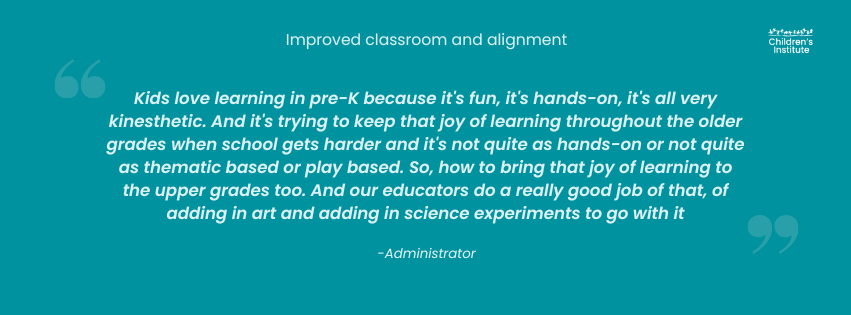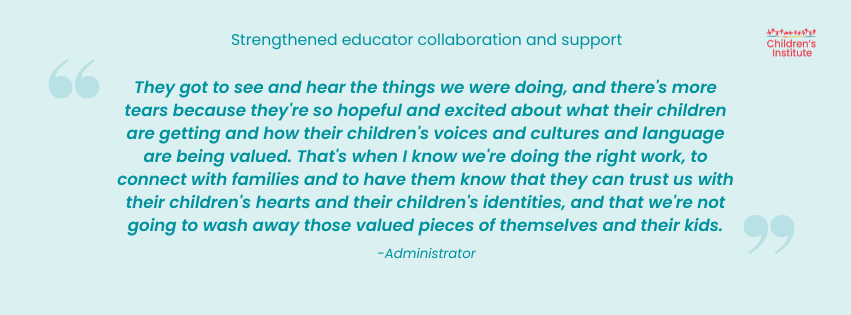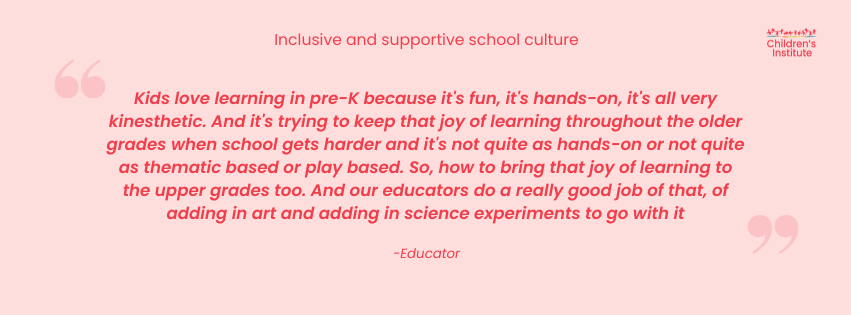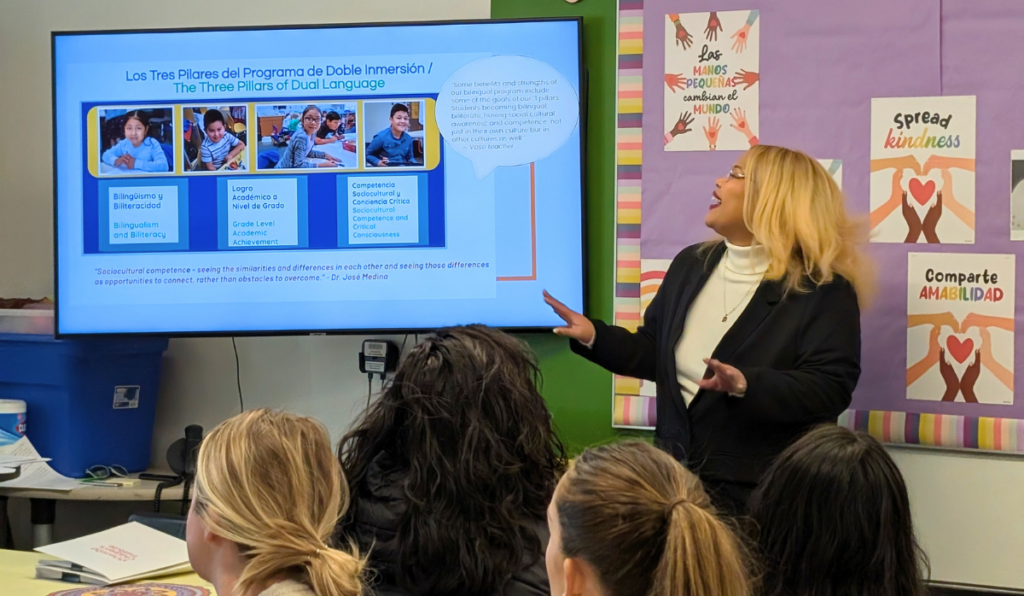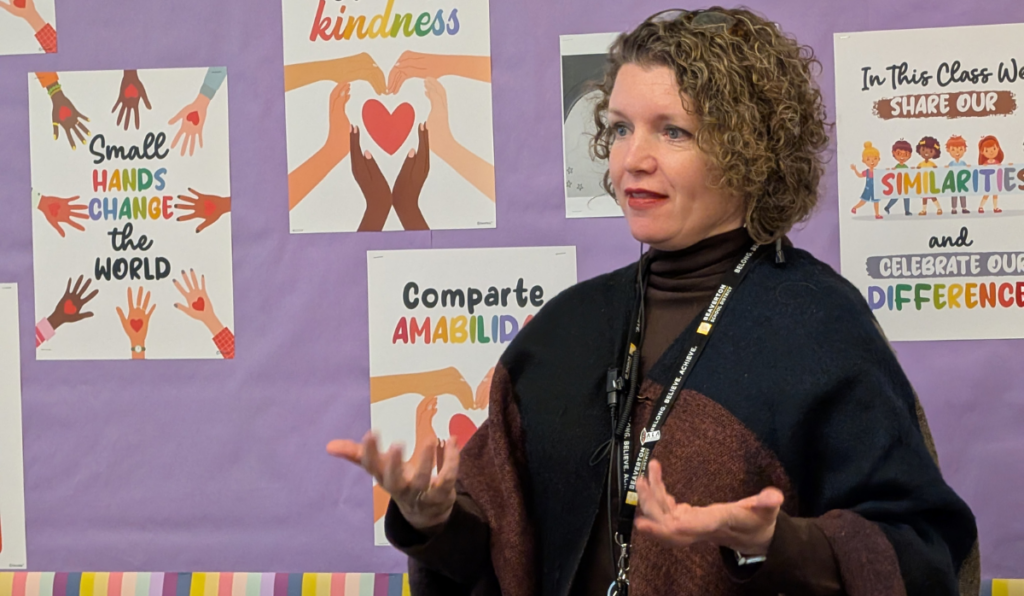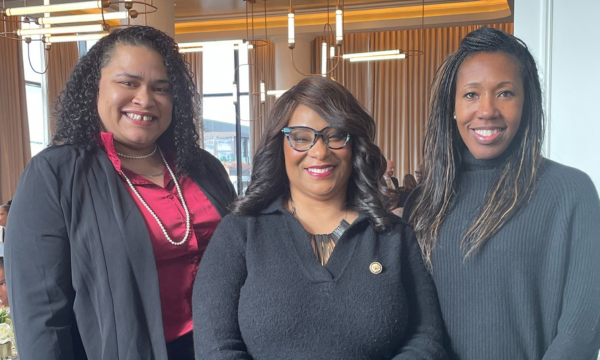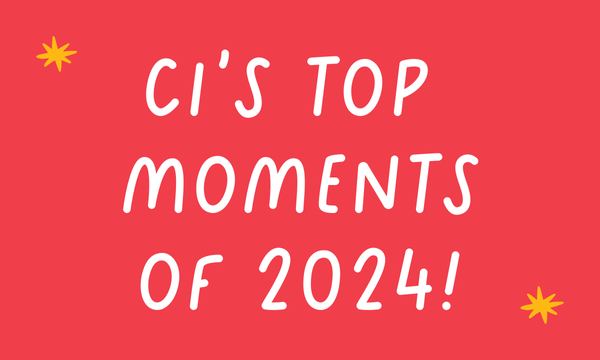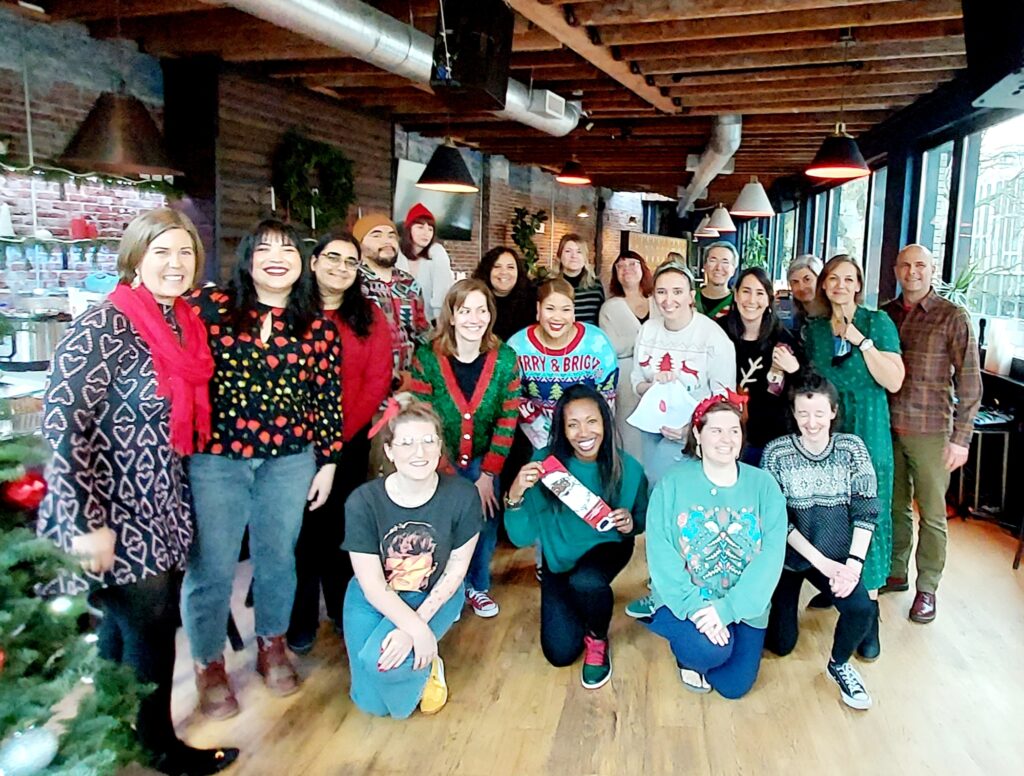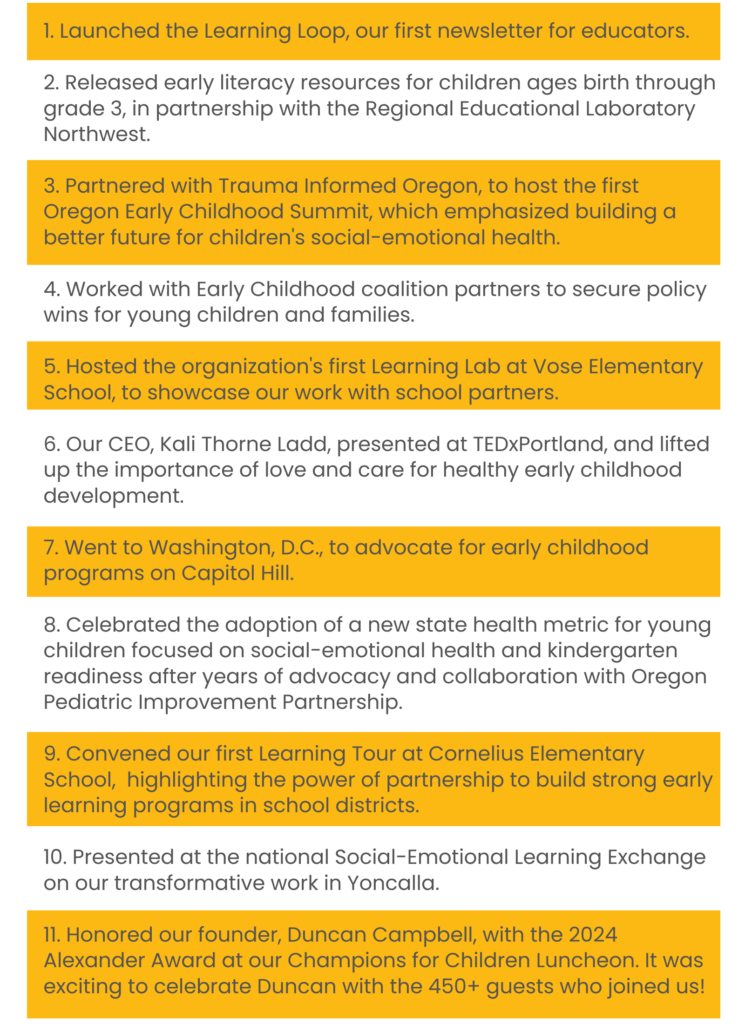Please review this key update from our community partner, Family Forward Oregon:
WASHINGTON D.C. — On Friday, January 3, 2025, amongst more than 60 fellow newcomers to Congress, Janelle Bynum was sworn in to represent Oregon’s 5th Congressional District as the state’s first Black Congressperson Endorsed by many parent- and caregiver-centric organizations — including The Mother PAC — Bynum is a self-proclaimed care champion. Candice Vickers, Executive Director of Family Forward Oregon, and Kali Thorne Ladd, Chief Executive Officer of Children’s Institute, were also in attendance.
On this historic swearing-in of Oregon’s first Black Congressperson, Vickers said, “I am reminded of the countless mothers and caregivers who have paved the way for this moment. Their tireless efforts to build stronger, more just communities have created a foundation for leaders like Congresswoman Bynum to rise.
“As an organization dedicated to supporting these unsung heroes, Family Forward Oregon recognizes the profound impact that representation has on our collective well-being. We look forward to working with Congresswoman Bynum to ensure that the voices of mothers and caregivers are heard in the halls of power, and that our policies reflect the values of equity, justice, and compassion that they embody.”
“Caregivers play a critical role in our families, communities, and economy and it’s time for our policies to reflect that,” said Congresswoman Bynum. “As a mom, I understand what families are struggling with and what they need. That’s why I’ll continue to champion expanding paid family and medical leave and investing in child care. I look forward to continuing to partner with Family Forward, now from Congress, to help families and children get the future they deserve.”
“Access to high-quality childcare is a critical investment in our children’s future,” said Thorne Ladd. “As we celebrate milestones like Congresswoman Janelle Bynum’s inauguration as Oregon’s first Black congresswoman, we’re reminded that representation matters — not just in government, but also in opportunities for our youngest citizens. By providing access to quality childcare, we can help ensure that all children, regardless of their background or zip code, have the opportunity to reach their full potential and grow up to be leaders like Congresswoman Bynum.”
